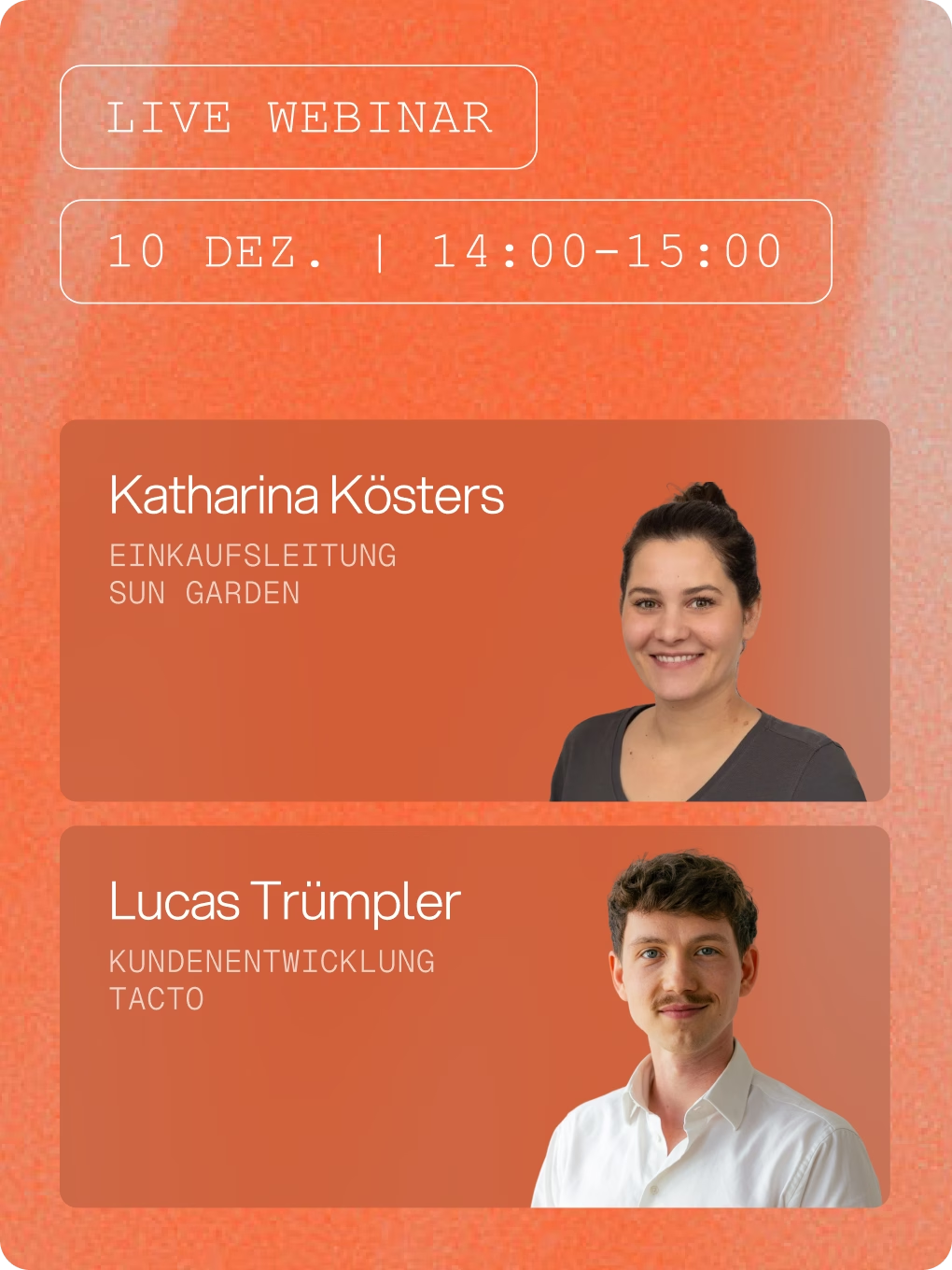Procurement Glossary
Bidder discussion: Structured dialog for bid evaluation
November 19, 2025
The bidder meeting is a structured dialog between the client and potential suppliers during the award procedure. It serves to clarify open questions, specify requirements and provide a well-founded evaluation of bids received. Find out below what constitutes a bidder meeting, which methods are used and how to conduct these meetings successfully.
Key Facts
- Structured dialog between buyer and bidder to specify the offer
- Legally permissible instrument in the negotiated procedure and competitive dialog
- Enables clarification of technical details and commercial aspects
- Documentation obligation for transparency and traceability
- The principle of equal treatment must be guaranteed
Contents
Definition: Bidder discussion
A bidder meeting refers to the direct, structured exchange between the client and bidder in the context of an award procedure to clarify and specify the contents of the bid.
Key features
Bidding discussions are characterized by the following features:
- Structured process with defined discussion points
- Documentation of all essential contents
- Equal treatment of all participating bidders
- Focus on offer precision without price negotiation
Differentiation from other procedures
In contrast to renegotiation, bidder meetings are primarily used to obtain information and clarification. They differ from competitive dialog in their limited scope and the focus on existing offers.
Importance in Procurement
Bidder meetings enable a well-founded bid review and help to minimize risks in complex procurement projects. They create transparency and promote understanding between the contracting parties.
Methods and procedure for bidder meetings
The systematic conduct of bidder meetings requires a structured approach and clear processes.
Preparation and planning
A successful interview begins with careful preparation. The first step is to define the objectives of the meeting and draw up a list of questions. The schedule is planned taking into account the binding period and the award schedule.
Implementation and moderation
The meeting follows a structured agenda with defined key topics. All participants receive the same information and questions. The moderation is neutral and targeted, ensuring equal treatment of all bidders.
Documentation and follow-up
Each bidder meeting is documented in a negotiation protocol. The findings are incorporated into the evaluation matrix and prepared for the final award decision.

Tacto Intelligence
Combines deep procurement knowledge with the most powerful AI agents for strong Procurement.
Key figures for controlling
Bidder meetings are measured and evaluated using specific key figures that reflect the efficiency and quality of the process.
Process efficiency key figures
The average duration and number of meetings per award procedure indicate the efficiency of the process. The timeliness and preparation time of the bidders provide information on the quality of the bidder information and the award schedule.
Quality indicators
The proportion of clarified questions per meeting and the number of follow-up questions measure the effectiveness of communication. The correspondence between the meeting minutes and the final offer evaluation shows the quality of the documentation.
Compliance metrics
The complete documentation of all discussions and compliance with equal treatment standards are monitored using corresponding compliance indicators. The number of bidder complaints in connection with bidder meetings serves as an indicator for legally compliant implementation.
Risk factors and controls during bidder meetings
Bidding discussions entail various legal and operational risks that must be minimized by means of suitable control mechanisms.
Legal risks
Violations of the principle of equal treatment can lead to bidder complaints and the cancellation of procedures. Unauthorized price negotiations or the disclosure of confidential information of other bidders are further risk factors. Complete documentation in the tender file is essential.
Operational challenges
Unstructured discussions can lead to incomplete information and incorrect assessments. Time pressure and a lack of preparation impair the quality of the discussions. The coordination of several bidder meetings requires professional tender management.
Control measures
Standardized interview guidelines and evaluation forms ensure consistency and traceability. The multiple-eye principle during implementation and independent record keeping minimize subjective influences. Regular training of the purchasing team on procurement guidelines is essential.
Practical example
A mechanical engineering company issues a tender for a complex production system. After receiving the bids, structured discussions are held with the three best bidders. Technical specifications, maintenance concepts and implementation plans are discussed in detail. The discussions follow a standardized list of questions and are recorded in full.
- Clarification of technical requirements and interfaces
- Evaluation of supplier competence through direct interaction
- Sound decision-making basis for the final award
Trends & developments around bidding discussions
Digitalization and new technologies are changing the way bidding discussions are conducted and evaluated.
Digital conversation formats
Virtual bidding meetings via video conferencing platforms have become established and offer cost benefits and time flexibility. Electronic tendering platforms are increasingly integrating functions for structured online dialogs with bidders.
AI-supported evaluation
Artificial intelligence supports the analysis of interview content and the automated creation of protocols. Machine learning algorithms help to identify critical points and evaluate bidder responses in the context of the award criteria.
Standardization and compliance
Increased regulation leads to standardized processes and templates for bidder meetings. Compliance tools monitor adherence to procurement guidelines and automatically document all relevant steps for the procurement file.
Conclusion
Bidder interviews are a valuable tool for improving quality in procurement procedures, but require professional conduct and strict compliance with legal requirements. They enable a well-founded bid evaluation and help to minimize risks in complex procurements. Increasing digitalization opens up new opportunities for efficient and transparent discussion formats. Successful bidder meetings are based on structured preparation, equal treatment of all participants and seamless documentation.
FAQ
When are bidder meetings permissible?
Bidder meetings are generally permitted in the negotiated procedure and competitive dialog. In open and non-open procedures, only to clarify and specify offers, not to negotiate prices. The legal framework conditions must be strictly adhered to.
How is equal treatment ensured?
All bidders receive identical information and questions. The discussions follow a standardized procedure with documented protocols. Confidential information of individual bidders may not be passed on to others. Neutral moderation is essential.
What content may be discussed?
Technical specifications, service descriptions and implementation concepts are permissible topics of discussion. Price negotiations are only permitted in the negotiation process. The focus is on clarifying misunderstandings and specifying requirements.
How is the documentation done?
Each meeting is recorded in detailed minutes containing all key points and findings. The documentation becomes part of the contract award file and must be available for subsequent reviews. Standardized templates ensure completeness and consistency.



.avif)

.png)
.png)


.png)




